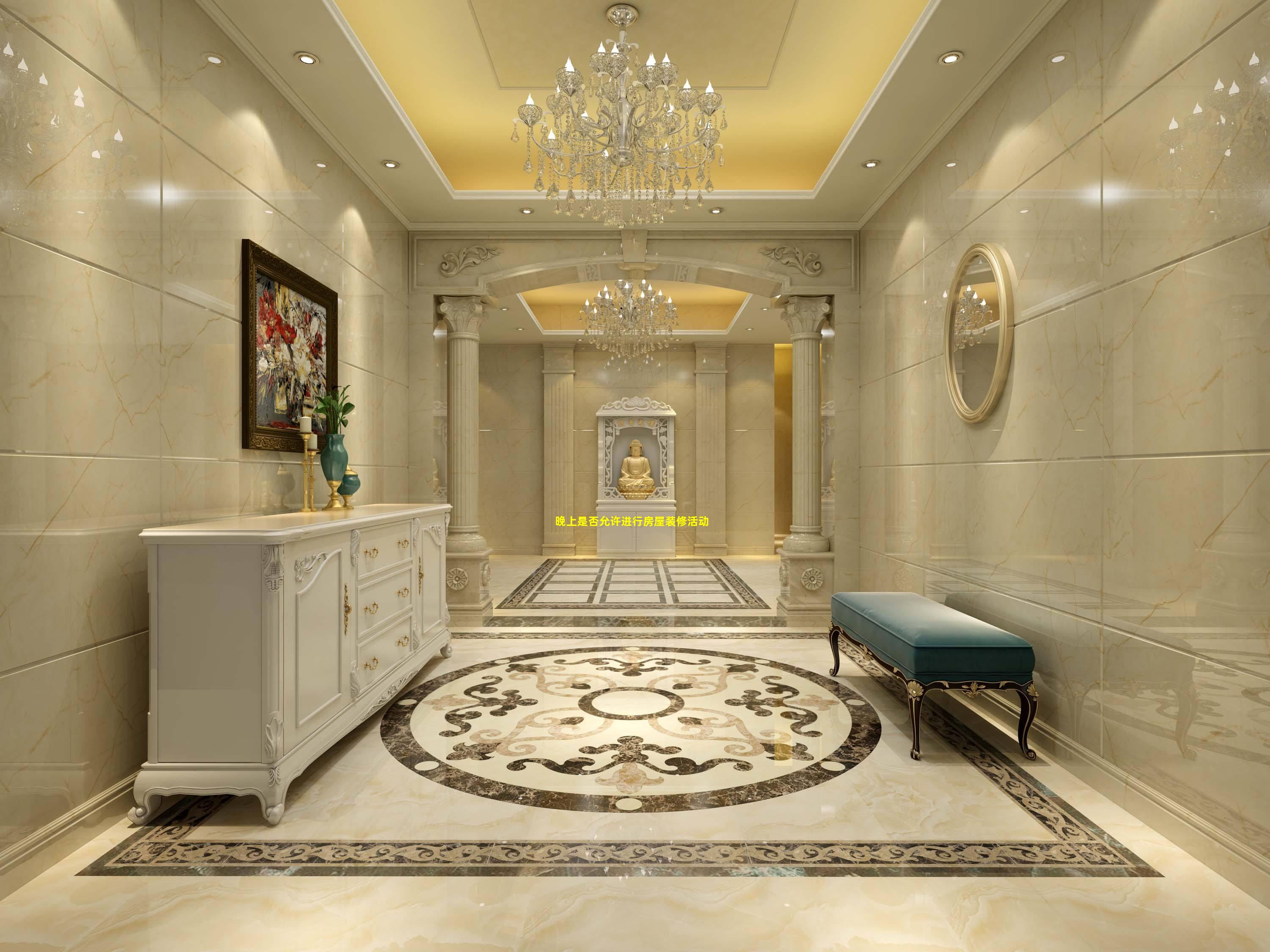





根据中华人民共和国相关法律法规,晚上通常是不允许进行房屋装修活动的。具体规定可能因地区而异,但大多数城市都有关于施工时间的限制,以减少对居民生活的影响。
例如,北京市规定,居民区内的装修施工时间为每天上午8点至中午12点,下午2点至晚上6点,周末和法定节假日不得进行有噪音的装修作业。上海市也有类似的规定,要求装修施工不得在晚上10点至次日早上7点进行,以及在中午12点至下午2点的休息时间内。
如果需要在非规定时间内进行紧急维修,可能需要提前向物业管理部门或相关政府部门申请,并获得批准。违反规定进行夜间装修可能会受到警告、罚款或其他行政处罚。
因此,如果您所在的地区有类似的规定,晚上通常是不允许进行房屋装修活动的。建议您查阅当地的具体规定或咨询物业管理部门,以确保遵守相关法律法规。
Title: The Debate Over Nighttime Home Renovation Activities
In many urban areas, the issue of whether or not to allow home renovation activities during nighttime hours has sparked considerable debate. Proponents of nighttime construction argue that it can be more convenient and efficient, while opponents cite noise pollution and disruption to sleep as significant concerns. This essay will explore both sides of the argument and provide a balanced perspective on the matter.
On one hand, allowing home renovation activities at night can be advantageous for several reasons. Firstly, it can help to alleviate congestion during daytime hours, when most people are at work and traffic is at its peak. By shifting some of the construction work to the night, contractors can potentially complete projects more quickly and with less interference from the daily hustle and bustle. Additionally, for those who work during the day, nighttime renovations can be a more convenient option, as they can oversee the progress without having to take time off from their jobs.
Moreover, some argue that nighttime construction can be more cost-effective. With fewer people around, contractors may be able to work more efficiently, potentially reducing the overall cost of the project. This could be particularly beneficial for homeowners who are working with tight budgets and are looking for ways to save on renovation expenses.
However, there are also strong arguments against allowing home renovation activities at night. The most significant concern is the issue of noise pollution. Renovation work, especially involving heavy machinery and power tools, can generate a considerable amount of noise, which can be highly disruptive to neighbors trying to sleep or relax in their homes. This can lead to tension and conflict within communities, as well as potential health issues related to sleep deprivation.
Furthermore, nighttime renovations can pose safety risks. The reduced visibility that comes with working in the dark can increase the likelihood of accidents and injuries on the job site. This is a particular concern for workers who may not be accustomed to working night shifts and may be more prone to fatigue and mistakes.
In conclusion, while there are valid points to be made for allowing home renovation activities during nighttime hours, the potential negative impacts on community well-being and worker safety cannot be overlooked. It is important for local authorities to carefully consider these factors when setting regulations regarding construction hours. A balanced approach that takes into account the needs of both homeowners and their neighbors, as well as the safety of workers, is essential in addressing this ious issue. Ultimately, any decision should aim to minimize disruption and promote a harmonious living environment for all residents.

在中国,关于晚上是否允许进行房屋装修活动,各地的规定可能有所不同。一般来说,为了保障居民的正常休息和生活质量,大多数城市都有规定限制在夜间进行噪音较大的装修活动。
例如,北京市规定,居民区内的装修活动不得在法定休息日和节假日的全天以及工作日的12:00至14:00和18:00至次日8:00进行。上海市也有类似的规定,禁止在夜间和午休时间进行产生噪音的装修作业。
因此,如果您所在的地区有类似的规定,那么晚上通常是不允许进行房屋装修活动的。建议您查阅当地的城市管理条例或咨询物业管理部门,以获取最准确的信息。同时,即使没有明确的法律规定,出于对邻里和谐的考虑,也应尽量避免在夜间进行装修活动,以免影响他人休息。
在中国,关于装修噪音的控制,通常由当地的环保部门或者城市管理部门制定相关规定。一般来说,为了保障居民的正常休息,晚上装修的时间会有所限制。
大多数城市规定,晚上装修的时间不得超过晚上8点或者9点,具体时间可能因地区而异。例如,北京市规定,晚上10点至次日早晨6点,不得进行产生噪声污染的装修作业。上海市则规定,晚上10点至次日早晨6点,以及法定节假日全天,不得进行产生噪声的装修作业。
如果您所在的地区有特殊规定,建议咨询当地的城市管理部门或者查阅相关的法律法规,以获取最准确的信息。同时,如果您受到装修噪音的困扰,可以向物业管理部门或者城市管理部门投诉,他们会根据相关规定进行处理。